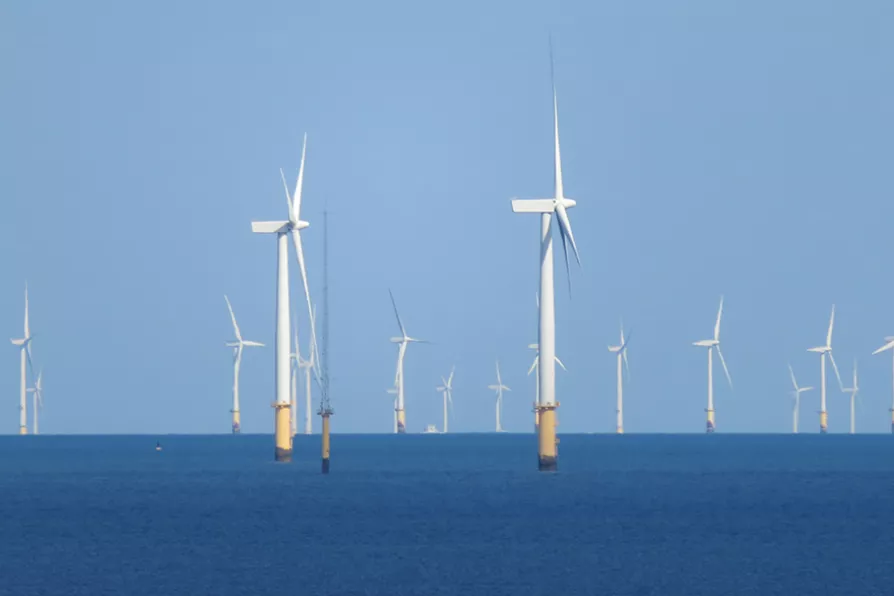This weekend, the NEU holds a special conference to debate changing its approach to organising teaching assistants, which a 2017 TUC agreement forbids. General secretary DANIEL KEBEDE outlines the choices before delegates

 FOR THE MANY OR THE FEW? Gwynt y Mor offshore wind farm, Wales, 2017 owned jointly by RWE Renewables, Stadtwerke Munchen and Macquarie Infrastructure and Real Assets (former owners of Thames Water)
[Llywelyn2000/CC]
FOR THE MANY OR THE FEW? Gwynt y Mor offshore wind farm, Wales, 2017 owned jointly by RWE Renewables, Stadtwerke Munchen and Macquarie Infrastructure and Real Assets (former owners of Thames Water)
[Llywelyn2000/CC]
BRITAIN has deliberately structured its plans to deliver change to the energy system around big business. The dependency on entities which have extraction at their heart have no regard for lowering energy bills, increasing energy security or combatting climate breakdown.
Central to Labour’s climate agenda has been the establishment of Great British Energy, a state-owned energy company tasked with driving the shift to renewables.
It has been hailed as a transformative step, with £8.3 billion set aside for the next parliamentary term. The funding has two key components: £3 billion for Labour’s Local Power Plan, a scheme allowing local governments to apply for funds to develop community energy projects, and £5 billion earmarked for co-investments.













